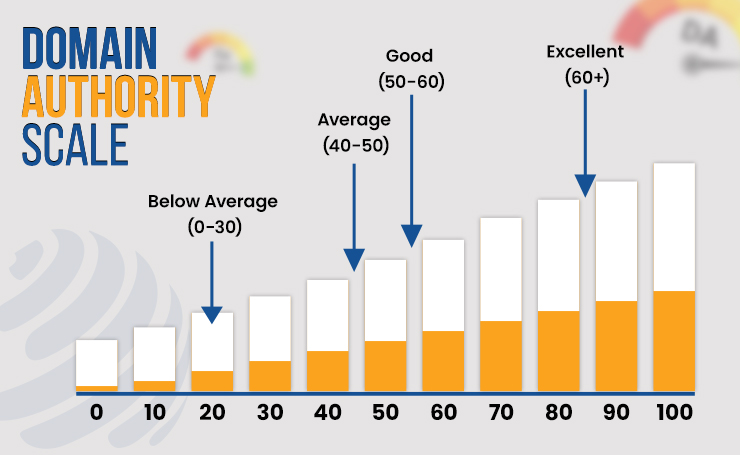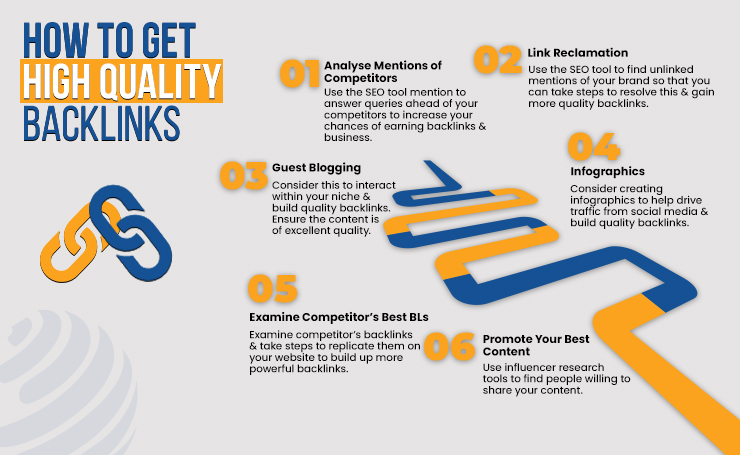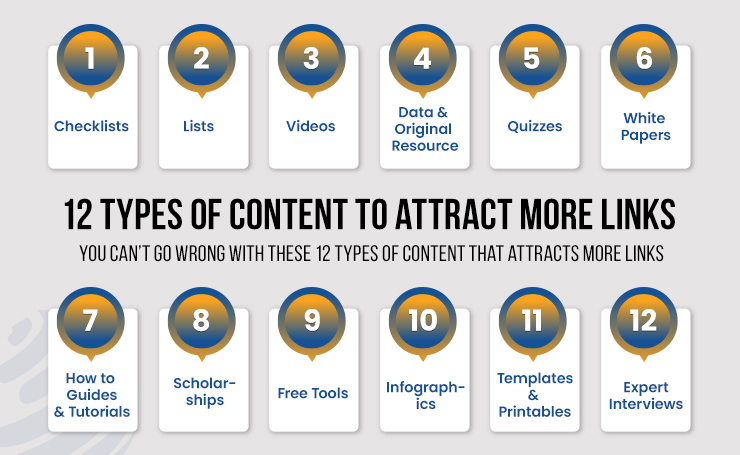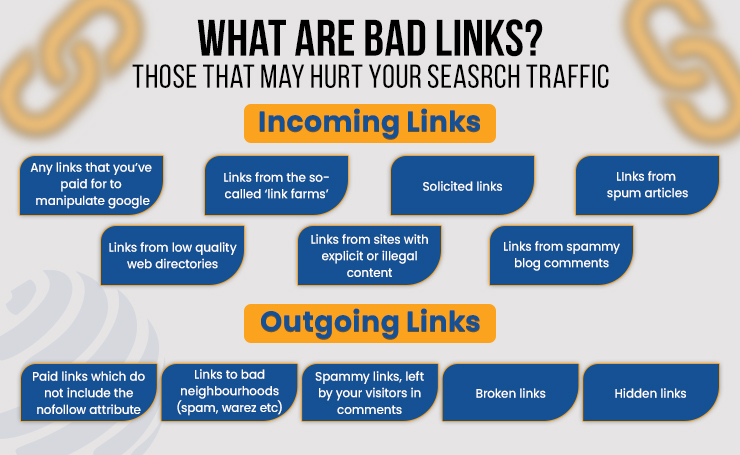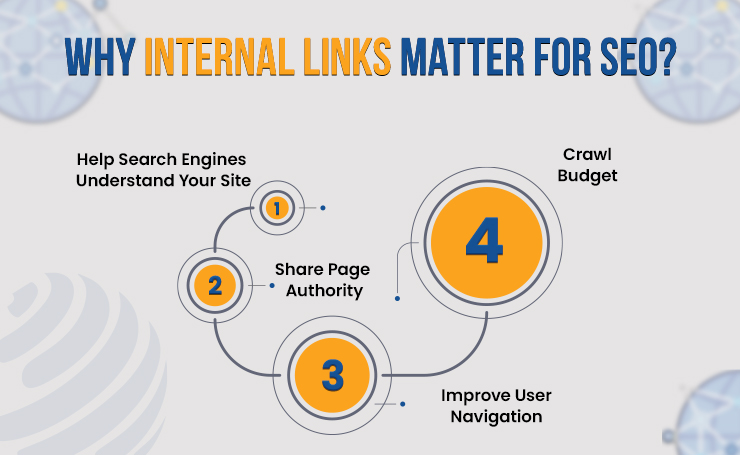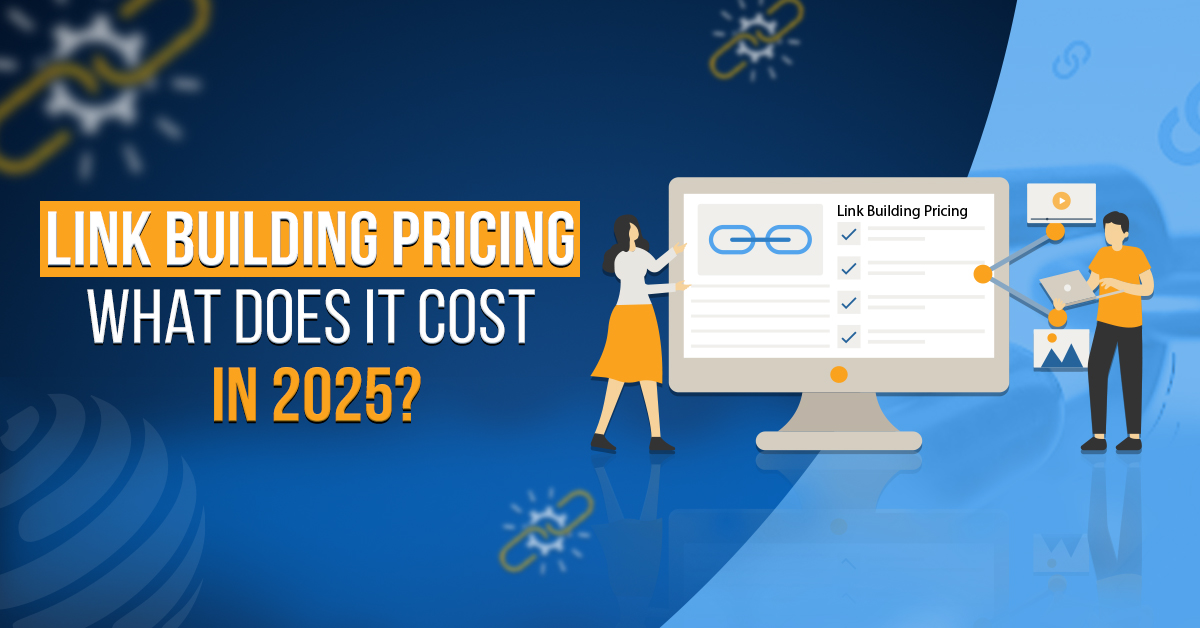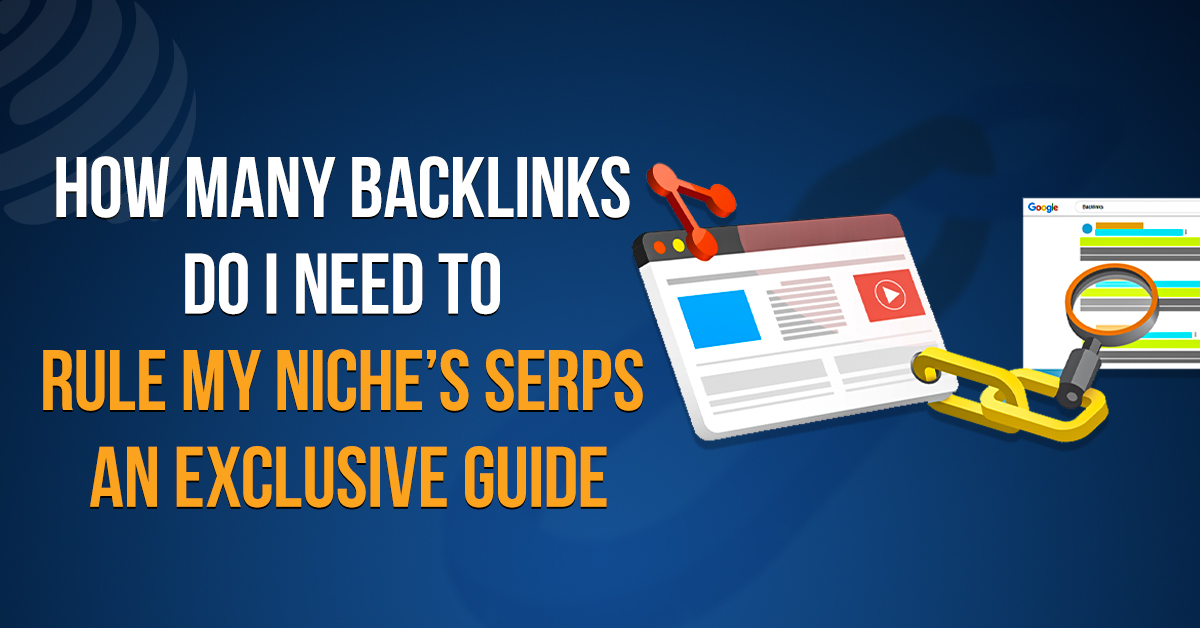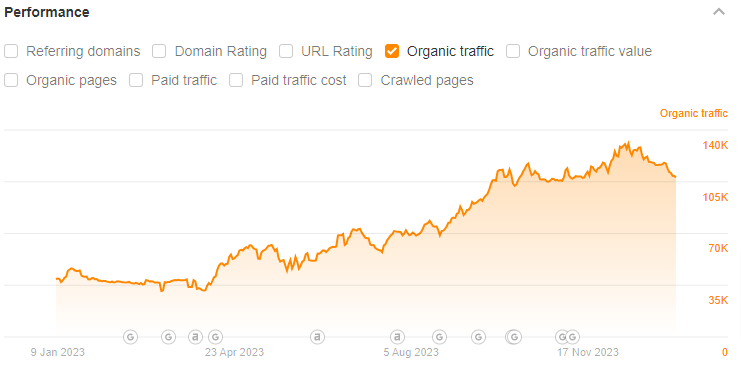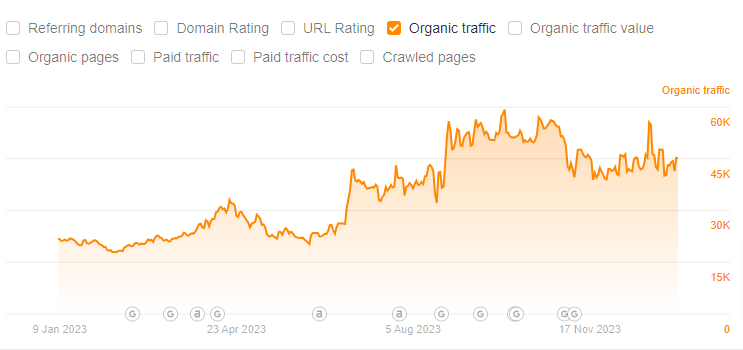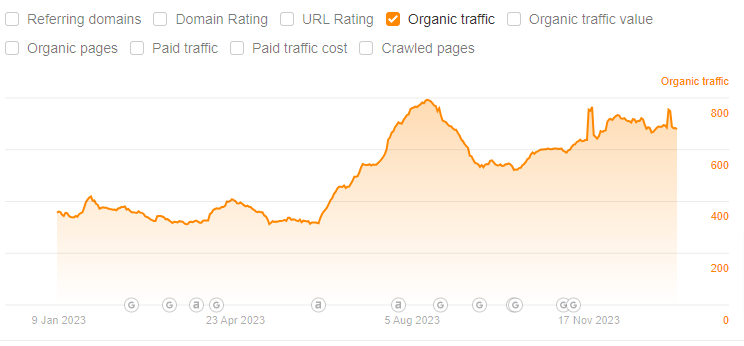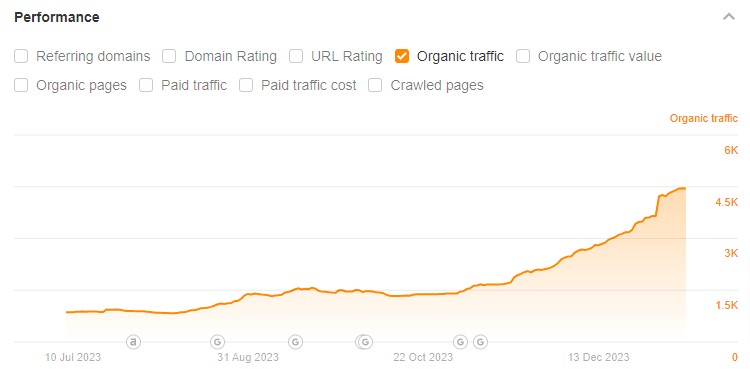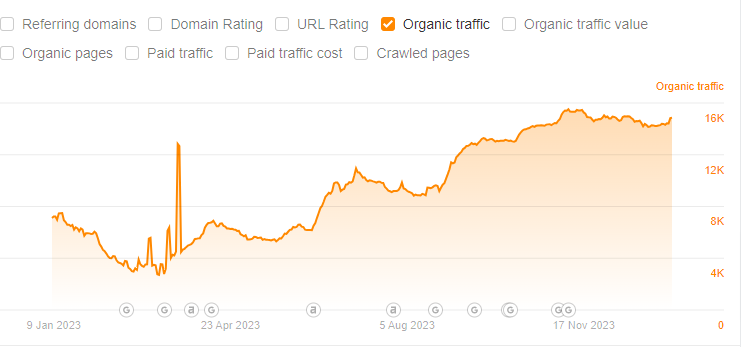Knowing the art of how to increase domain authority can help you establish higher rankings. There are several ways you can make your website domain authoritative and rank well on search engines. To increase domain authority, you must focus on obtaining high quality backlinks from authoritative websites. You must also create valuable content that others would like to share and also link to. Addressing technical SEO issues on your website and optimizing it for the best user experience can also prove to be potent steps to increase domain authority.
How to Increase Domain Authority – Why it Matters
Your website’s domain authority reflects the ranking potential of your website in comparison to other websites within your niche. If you think about how to increase domain authority, you must think of domain authority in terms of weight classes, where the ultimate goal is to increase the DA score as much as possible to rank higher.
If you have a small website, you might shoot for a DA score of 100 – however – it might be unattainable. Keep in mind that your DA score is established “in relation to” the entire internet. This aspect perfectly explains why powerful legacy websites, such as LinkedIn, Forbes, and Wikipedia, dominate the highest DA scores, which is made possible through billions of views, likes, backlinks, and shares.
Nonetheless, the DA score matters even for smaller websites, but they don’t have to compete with the likes of Wikipedia and Forbes. Domain Authority works best as a comparative score to see how your website stacks up with other websites within your niche.
Increasing your website’s DA is not to be seen as a race to the top but more as a way to compete with your competitors and outrank them.
What is Domain Authority – An Overview
Google doesn’t use DA or domain authority as a website ranking factor. As a matter of fact, this score was developed by MOZ, and it is based on how relevant and strong a site is within its niche or its topic. Thus, DA refers to the potential reputation of a website on search engines. This aspect indicates that the higher the domain authority, the better the website is probably going to do in the search results.
Websites with higher reputations are naturally going to have more authority, which is why they are going to rank higher much faster than other websites with lower domain authority. Essentially, Google doesn’t provide much information about domain authority, but you can use several third-party sites to check a website’s domain authority, such as Ahrefs, Moz, and Semrush.
These third parties look at a few main things to figure out the website’s domain authority, including the following:
The age of the domain
The age of the domain refers to how old your website domain was when you first registered it.
The number of backlinks
The number of backlinks your website has from other sites.
The number of internal links
The number of internal links that you have pointing to the different parts of your website.
The search engine ranking
The number of times search engines rank your site.
Average position in SERPs
The average position that your website has in search result pages.
How to Improve Domain Authority – The Best Ways
Now that we know what domain authority is, let us explore some of the best ways for how to increase DA and increase your website’s domain authority.
Build Good Backlinks
Building backlinks is a great way to increase your domain authority. There are several ways you can build high value backlinks and also increase your domain authority.
Strengthen Your Backlink Profile
The first thing that you can do to increase domain authority is to start building backlinks to strengthen your backlink profile. The best way to do so is to assess your top referral sources, which are the sites that link to you already and that you already get traffic from. You can either get more backlinks from these domains or explore similar sites that might find value in linking to your content.
Find those relevant sites and start reaching out to them. Nonetheless, here are some effective strategies to strengthen your backlink profile:
- Create exceptional content
- Provide real value through your content
- Regularly update your old content
- Regularly monitor and track your backlink profile
- Become a valuable source for reporters
- Become a valuable source for bloggers
- Create skyscraper content
Perform A Competitor Analysis for Backlinks
Another way to build great backlinks is to perform competitor analysis, which is essentially about ethically spying on your competitors. You will be looking at the backlinks sources of your potential competitors and trying to acquire links from the same websites.
Performing a competitor analysis comes with countless benefits, such as great link-building opportunities, unravelling your competitor strategies, identifying potential gaps in your own backlink profile, and integrating a stronger SEO strategy to improve your website’s rankings.
Create Link-Worthy Content
Another simple yet powerful way to build some serious domain authority is to make some top-notch linkable content. There are several ways you can do what is needed, such as analyzing your most popular web pages and assessing what kind of content your readers really love and share. Subsequently, you should focus on creating content that is more similar, as people will be more likely to share it.
Creating link-worthy content is going to make it more likely that a high domain authority score will link to your site. This will give you more linking root domains, which in turn will help you build your domain authority.
Pro-Tips to Create Link-Worthy Content
When it comes to how to build website authority, you have several options to choose from when it comes to creating link-worthy content. However, if we were to focus on the most popular types of website content, you can create checklists, infographics, checklists, and original research.
The best part about original research is that it comprises unique data and insights that others cannot find anywhere else. This type of content attracts the most backlinks as original research provides authoritative and valuable information that others would like to link to. The more high-quality backlinks you have, the more your website’s credibility will boost, which, in turn, will increase your website’s ranking, too.
Nonetheless, apart from original research, you might want to consider creating and publishing the following content types, too:
Infographics
Infographics are still great ways to attract backlinks. The underlying reason is that by using backlinks, you can publish complex information in an easy and visually engaging format. With infographics, you can quickly communicate complex data and integrate them into your content, such as blogs and social media posts.
How-To-Guides
If you want to establish yourself as an authority within your niche, you might want to start publishing how-to guides related to your specific niche. Tutorials and how-to guides attract valuable backlinks as they provide comprehensive details and valuable knowledge that helps website users achieve their goals.
Lists
Lists are all about providing valuable information in easy formats. The lists can be about anything relayed to products, services, and data points. Lists are great for attracting backlinks and also serve as handy references.
Scholarships
Through scholarships, you will be offering financial aid to students on forums and educational websites. Authentic scholarship opportunities always attract great links as they support education.
Quizzes
Depending on your niche, you can offer interesting quizzes to engage your visitors. The catch will be the personalized results that they can secure through these quizzes.
Whitepapers
Whitepapers are essentially detailed and authoritative reports on any given specific topic, which are often backed by research. Whitepapers are great sources for backlinks and can help your website establish credibility.
Podcasts
You can interview the experts in your niche and publish the valuable opinions of industry leaders to boost your website authority and also establish unique perspectives in your content.
Remove Bad And Spammy Links
Regularly perform a site links audit so that you can detect bad or spammy links. Believe us when we tell you that bad links can affect the reputation of your site to the point of affecting your domain authority, too. Now, inbound links are great for your website’s domain authority and your website rankings.
But if you have bad links, it can actually do more harm than good. As a matter of fact, if your website links to spammy sites, it can hurt your website’s reputation, and you might even receive a Google penalty for it, which is something you must avoid at all costs.
The best thing you can do to increase your domain authority and increase the reputation of your website is to audit your site for toxic links and remove the harmful links as quickly as you can. You can use a variety of SEO tools to assess your complete link profile and successfully identify harmful links.
Now, if you are having trouble removing those toxic links, you can actually use Google Search Console to disavow or ignore them. This way, Google crawlers won’t take into account any unnatural or spammy backlinks when they are indexing your website.
Optimize Your Website Structure
The next step that addresses the question of how to boost domain authority is to ensure that your website is user-friendly. On that note, make sure that you have a well-laid-out site map, as it is going to help search engines successfully crawl and index the most important content on your website. Subsequently, a well-optimized website structure will help searchers find what they are looking for too on your website when they click on Google search results.
This aspect will give your website a big boost in the authority department.
Make Your Website Mobile-Friendly
Also, you must make sure that your website is well-optimized for mobile users too. In other words, you must make it mobile-friendly so that your website users can easily access and navigate your website on their smartphones.
Google is mobile-first, which is why you must make sure that your website loads fast and provides a great user experience for your mobile users. Similarly, it is important for you to make sure that your website is safe by establishing site security. You can do this effectively by getting an SSL certificate and also moving your website to HTTPS. While you are at it, you might as well want to consider security plugins to add another layer of security to your website.
Improve Your Internal Links
Another way to boost your website’s user experience, as well as increase your domain authority, is to pay attention to your internal links. When it comes to improving the internal link structure of your website, you can add links that direct your potential visitors to relevant pages on your website. This way, you will keep your users engaged and have them come back for more.
Additionally, internal links make it incredibly easy for search engines to crawl your website, which also helps the crawlers index your web pages and find your most important content. When multiple links point to a page, it indicates to Google that the webpage is trustworthy, and when this happens, your website’s domain authority goes up.
Final Thoughts
While the concept of how to increase domain authority is not directly linked with Google ranking factors, it has been proven that a high DA indicates higher search engine rankings. This aspect indicates the importance of improving your domain authority in relation to the potential competitors in your niche. You can leverage our link-building services and have our expert team improve your domain authority for you. Our managed SEO services are exclusively designed to help websites like yours improve your search engine rankings.
FAQs
Is the domain the same as a website?
The domain serves as the address of your website, whereas the website is the online space where you present your content. The website is your digital showroom.
What is a good domain authority?
A good domain authority is a score between thirty and fifty as it indicates that your website or doing good in search engines.
What is a spam score?
In SEO, the spam score ranges from zero to a hundred, which indicates the probability of your website getting flagged as spam. The higher the score, the greater the risk of Google penalty.


